New Zealand in a campervan
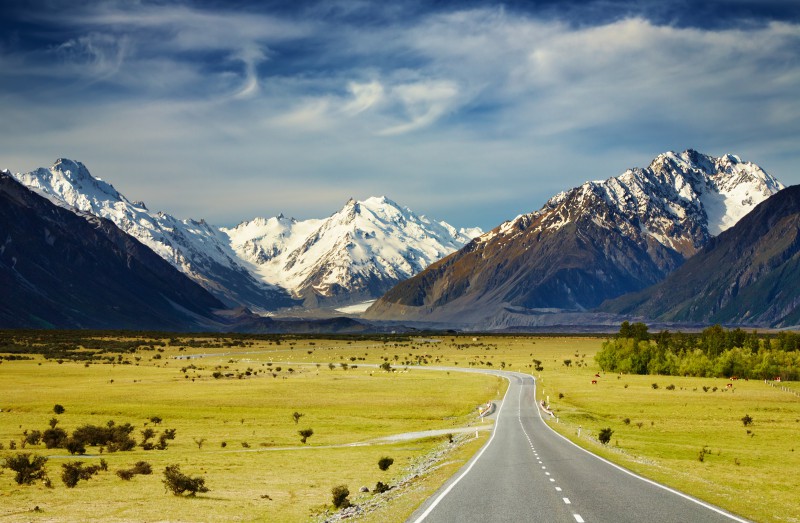
Where to sleep and park your campervan
Self-contained campervan or not?
In New Zealand, the first question is “is your van self-contained?” “Self-contained” means you have all of the utilities needed (self-generated electricity, water and sewer tank) and you don’t need to rely on campsite facilities.
Self-contained vehicles that meet the requirements get a certification sticker and have access to a wider choice of campsites (e.g. including those without toilets).
Department of Conservation campsites
The Department of Conservation (DOC) manages more than 200 campsites throughout New Zealand. You can pick up a list for free in one of the 80 i-SITEs, tourist information centres that are a hub of tips and advice on local activities and accommodation, or download them from the DOC website.
There are different campsite categories.
![]()
Basic campsites are free but they have very limited facilities, so you need to be fully self-sufficient. There are toilets and water may be from a tank, stream or lake. Access may be by road or boat.
![]()
Backcountry campsites have toilets and a water supply which may be from a stream (i.e. not always safe to drink). Picnic tables, cooking shelters or fireplaces may be provided. Fees vary but you can expect to pay the camp warden around NZ$6. You may have to drop the fee in an “honesty box” when no one is present.
![]()
Standard campsites have toilets, water supply (tap, stream, or lake) and vehicle or boat access. Wood BBQs and fireplaces, cold showers, picnic tables, a cooking shelter and rubbish bins may be provided. The fee is around NZ$8 per night for an unpowered spot.
![]()
Scenic campsites have the same kind of facilities as standard campsites but the fee is higher because of their scenic location and high popularity. Expect to pay around NZ$15 per night for an unpowered spot.
![]()
Serviced campsites have a wide range of facilities and services, much like some holiday parks. Flush toilets, tap water, kitchen/cooking bench, hot showers, rubbish collection are available as well as road access for all types of vehicles. They may have laundry facilities, barbecues, fireplaces, cookers and picnic tables. The fee can be around NZ$20 per night for an unpowered spot.
Paying your DOC campsite fee
Fees are paid at the time of booking when required.
Where bookings are not required, pay your fees at the self-registration stand at the campsite or to the camp warden when present. Deposit the fee in the envelope provided and place the receipt section on your vehicle or tent. DOC rangers patrol camping areas and will check that fees have been paid.
Other campsites
The DOC doesn’t have a monopoly on campsites, so you’ll find plenty of options on both islands ranging from serviced holiday parks (showers, TV room, shared kitchen, etc.) to more basic options with fewer facilities. Fees range from NZ$5-40 per night and you can pay it to the camp warden or drop it in an “honesty box.”
Rankers offers a comprehensive map and database of freely available camping information with over 4200 locations. Make sure to read the reviews and details—some sites only welcome self-contained vehicles—for practical info (Wi-Fi access, overnight stays rules, rubbish disposal, etc.).
Holiday Parks New Zealand offers a comprehensive list of accommodation options, from camping sites through to self-contained apartments and cabins.
How about “freedom camping”?
“Freedom camping,” i.e. putting up tents or parking your campervan in areas not specifically designed for campers, is tricky in New Zealand. The DOC explains “there has been a history of problems caused by inappropriate freedom camping or there is a conservation management reason that warrants restricting camping (e.g. ensuring equitable access to a site or where sensitive native species are present).” As a result:
- Freedom camping is often specifically prohibited (you’ll see a “no tent/no campervans” sign).
- It’s allowed occasionally for vehicles that have been certified as self-contained; watch for a blue-and-green “camping for self-contained vehicles only.”
- It’s a big no-no in urban areas, especially around Queenstown.
Freedom camping in a restricted area can result in a NZ$200 infringement fee.
Where to get food and supplies
The main supermarket chains in New Zealand are New World, Countdown, PAK’nSAVE, Four Square and Fresh Choice. PAK’nSAVE is usually the cheapest and you’ll find plenty of locations around.
Favour foods that cook quickly (to save fuel). Note that cream cheese and spreadable butter keep better than regular butter. Other practical fillings and spreads for sandwiches include turkey breast, tuna or peanut butter.
You may be able to buy cheap fresh fruits and vegetables at the road side in rural areas. Most of the time, the stand is left unattended—drop your money in the “honesty box” provided.
Where to shower
New Zealand generously offers public toilets (with toilet paper!) in most cities and towns. You’ll find composting toilets (dry toilets) in campsites and along trails and they are usually clean.
Many beaches have public showers but keep in mind it’s cold water only—perfect during summer but more challenging in winter because it does get chilly or cold in Middle Earth.
You’ll find paid hot-water showers throughout both islands, for instance at public pools (note that many close in winter), campsites and hostels. Shower access for non-guests isn’t advertised, so you will have to ask and pay a small fee!
Where to park
There are free parking spots in suburban and residential areas but you’ll pay a premium for downtown parking. Most attractions and sites in rural areas offer ample parking space.
A word of warning—secure your valuables and make sure to lock your vehicle. New Zealand feels very safe and quiet by international standards but car theft is common enough. Don’t leave your computer, wallet or anything dangerously tempting on the front seat, or else you may have your window broken and the item stolen.
Thieves tend to favour rentals. Red/Orange Spaceships vans and green Jucy vans are super easy to spot and can make you a target, as well as any highly customised van. There isn’t much you can do, just keep your valuables out of sight!

















 Français
Français English
English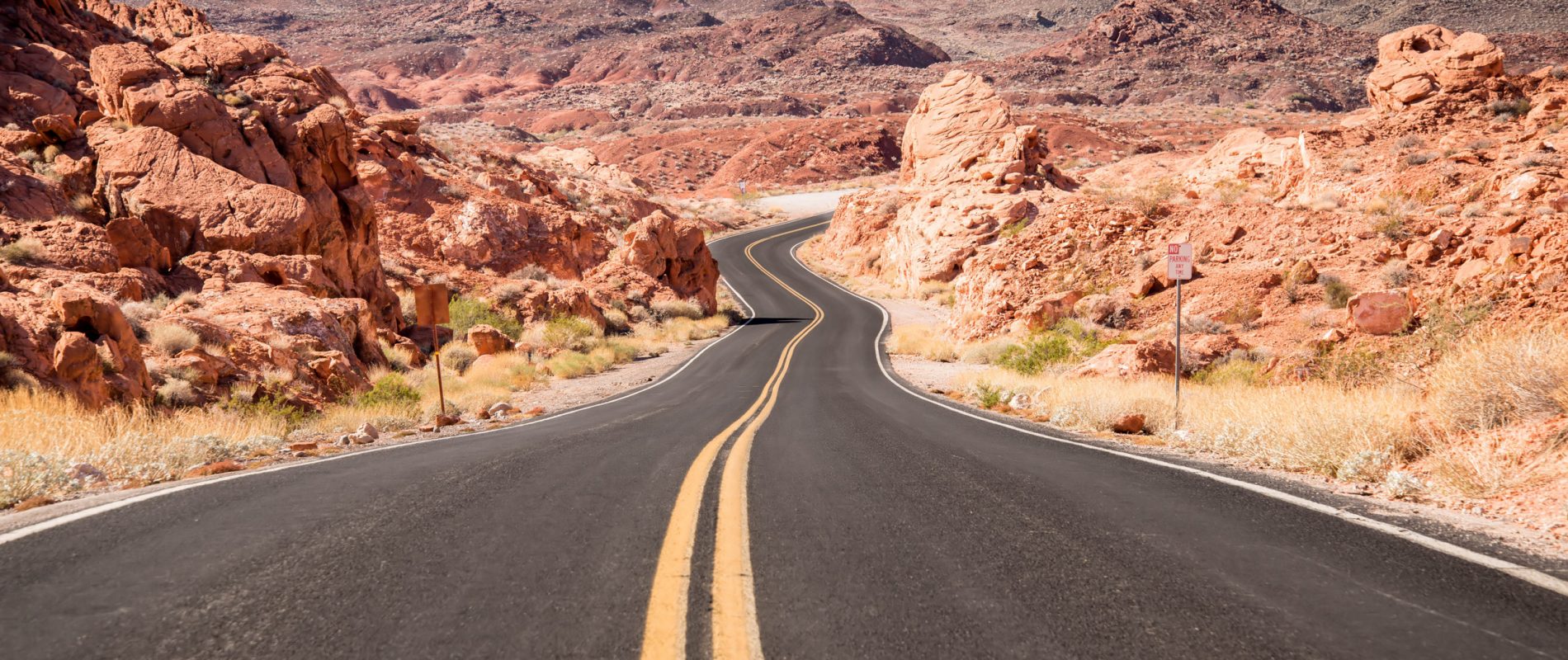
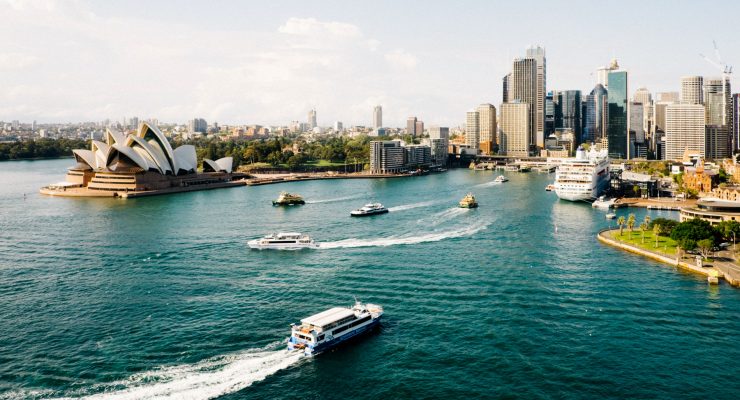
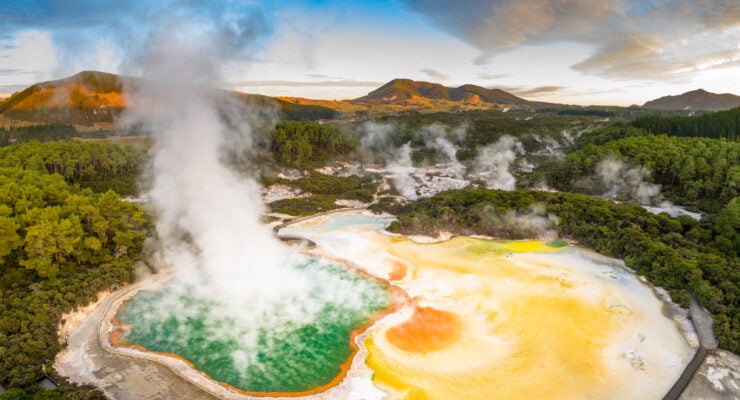
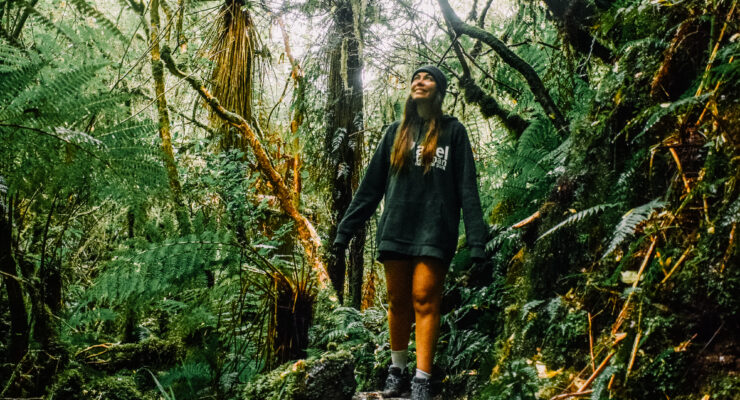
0 comments
{{like.username}}
Loading...
Load more